FILE – In this March 15, 2021, file photo, boxes of COVID-19 vaccine provided through the COVAX global initiative arrive at the airport in Mogadishu, Somalia. The Biden administration plans to provide 500 million shots purchased from Pfizer to 92 lower income countries and the African Union over the next year through the U.N.-backed COVAX program. (AP Photo/Farah Abdi Warsameh, File)
CAPE TOWN, South Africa (AP) — Health officials and experts around the world on Thursday welcomed a U.S. plan to donate 500 million more COVID-19 vaccines to developing countries, but the celebrations came with hesitation.
For instance, when exactly will those vaccines reach regions left behind in the global race and that are feeling the bite right now with deadly new waves of virus infections? And how many other wealthy nations will follow the lead of the U.S. to fill the gaping need?
The Biden administration’s promise to purchase and share Pfizer vaccines was “clearly a cause for celebration,” said Dr. John Nkengasong, the director of the Africa Centers for Disease Control and Prevention, particularly at a time when virus infections are aggressively increasing on the continent, and there are still countries that haven’t administered a single dose.
“Absolutely, it’s going to be a big help,” Nkengasong said, although he added he was eager to understand the exact timeline for the shots hopefully heading to his continent.
Two hundred million doses — enough to fully protect 100 million people — will be provided this year, with the balance donated in the first half of 2022, according to the White House. The U.S. will work with the U.N.-backed COVAX alliance to deliver the shots. Some have noted that since the Pfizer vaccines require extremely cold storage, they present an extra logistical challenge for countries with struggling health systems and poor infrastructure.
U.S. President Joe Biden is expected to talk about the plan later Thursday in a speech on the eve of the Group of Seven summit in Britain.
That summit might also give a crucial indication of whether and how far other nations in the elite club are willing to follow the U.S on vaccine sharing amid widespread criticism that richer countries have fallen woefully short so far, despite lofty promises of fairness when the vaccines were being developed.
Inequities in vaccine supplies around the world have become alarmingly pronounced in recent months, as richer countries have rushed to vaccinate wide swaths of their populations while poorer nations have struggled to secure doses. The inequality is not just a matter of fairness: There is also increasing concern over newer virus variants emerging from areas with consistently high COVID-19 circulation.
British Prime Minister Boris Johnson wrote in The Times of London newspaper that it was now time for wealthy countries to “shoulder their responsibilities” and “vaccinate the world,” although his own country has yet to announce any solid plan to share vaccines with countries in need.
France has been insisting on the importance of helping Africa, in particular, with vaccines since last year and President Emmanuel Macron said he brought 100,000 vaccine doses with him on a trip to Rwanda last month. Macron has promised France will donate 30 million doses through COVAX by the end of the year, with half a million by mid-June.
Copyright 2020 Associated Press. All rights reserved.




















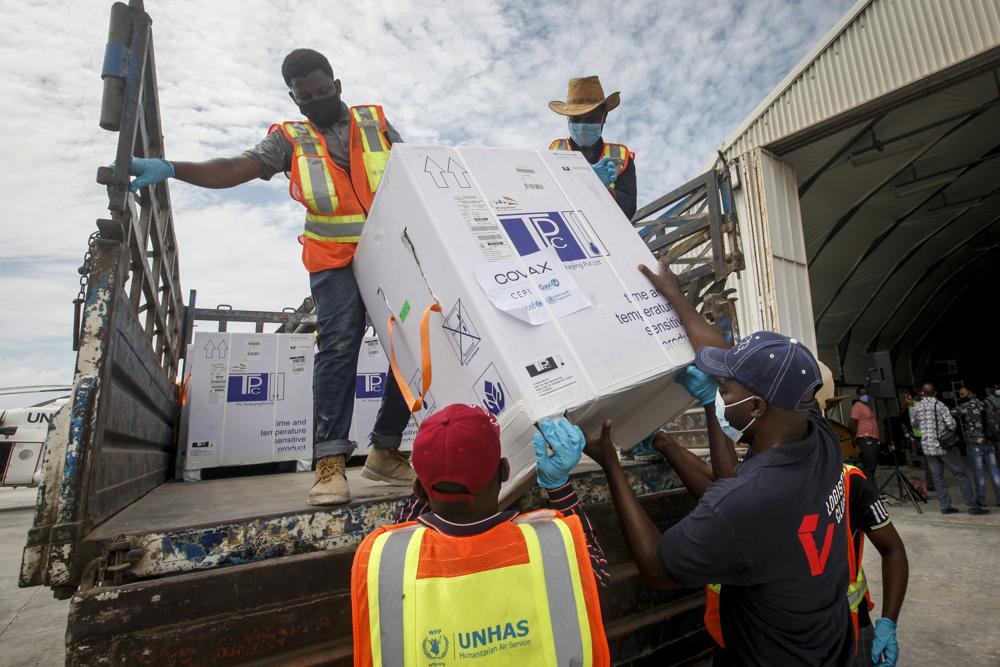


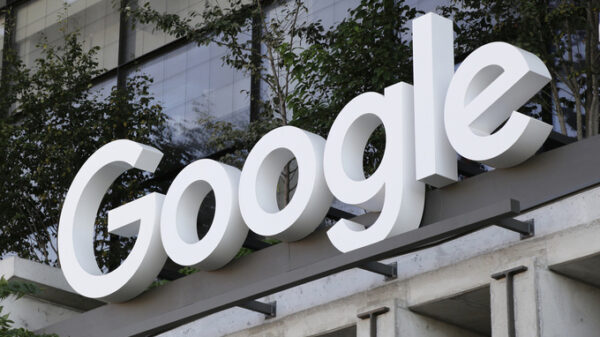

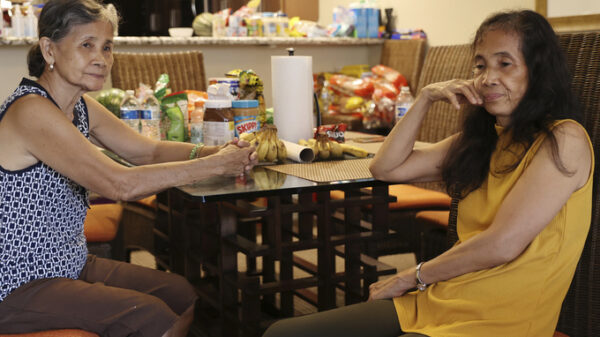

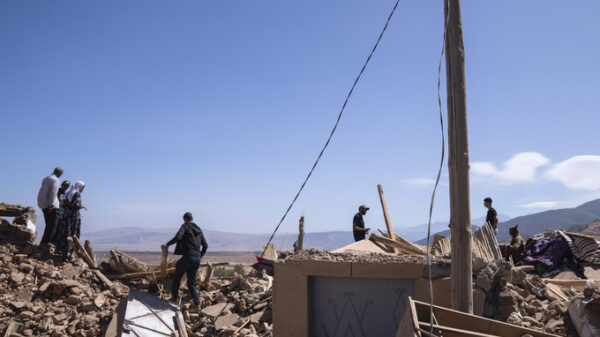
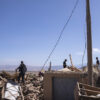
You must be logged in to post a comment Login